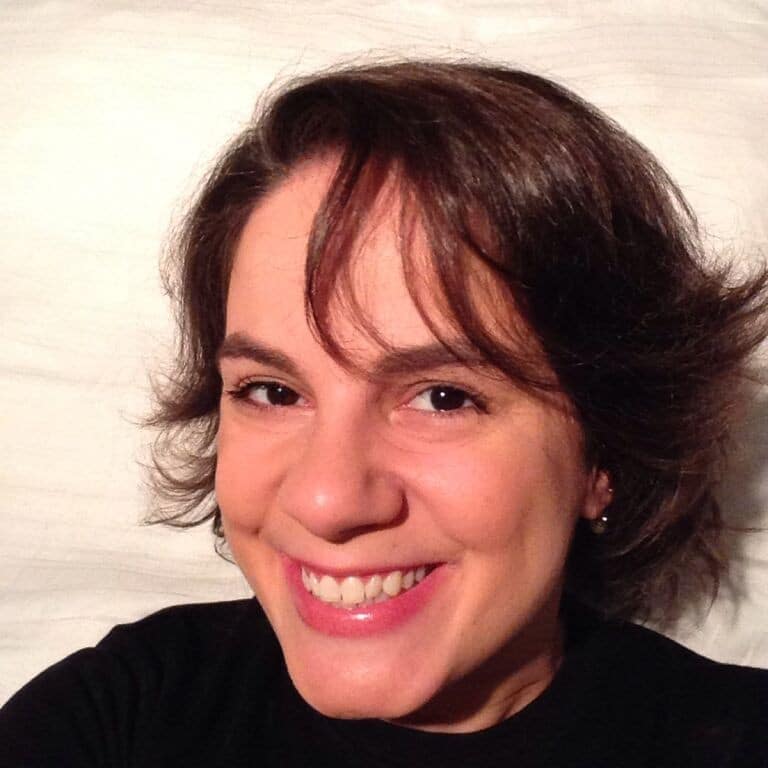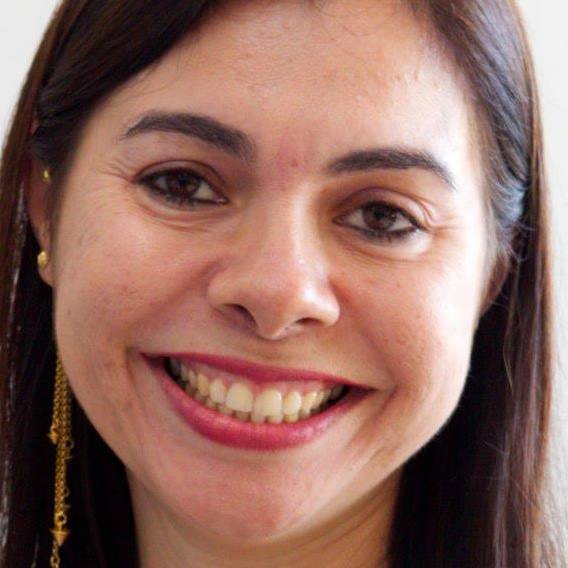Achieving higher
In ELT we often say we joined the field to help others and we take pride in seeing our students achieve higher, being successful using English. Some of us stay true to this ‘dream profession’ full of challenge and growth for both learners and teachers. Others give up, others just do it for fun. It is, of course, desirable that we all cherish what we do and have pleasure while doing it. However, learning comes first. If we are having fun with the better half of the group who enjoys the classes, has very few difficulties with tasks and tests and hardly ever challenges us to act differently we might not be teaching, but rather leading a discussion group. How about the other half? How about the learners who will not learn by themselves? Those who are not self-motivated? Those who miss lessons? Those whose lack of progress or engagement leads to dropping out? Clearly our work depends on some engagement, some commitment, some conditions. But these cannot be seen as excuses and should be looked at as opportunities for our own development – how to reach more and more learners, achieving the ultimate goal of our profession.
Reaching for more students than anyone would settle for is what may distinguish great teachers from the crowd. In Brazil, we have long discussed what learners should be doing, what the ideal conditions for teaching and learning are and made very little change for the ELT scenario overall. The illusion that the sports events would change the situation as more people would be interested in learning English reveals the country ranked 41 out of 70 and with results revealing low proficiency overall. Yet, many of us are still against measuring quality in teaching – be it lesson observations, students’ results or any sort of measurement or combination of results that will point to great teaching.

Source: https://www.ef.co.uk/epi/downloads/
Last time I discussed a good lesson with a group of professionals in leadership positions, there was still some defensive attitude pointing to the ideal conditions that teacher had. How about shifting the perspective to a more positive atitude in learning from those who can do it well? If someone else excels in doing their job, should we not look up to this person, engage in productive conversations with and about what they are doing and learn from them? That is perhaps what has been preventing us from achieving higher as a nation – the fact that too much energy is spent criticising the countries that achieve higher, their conditions, the support they get from the government or what we imagine their learners are like. That is to the detriment of discussions that will point to the urgent needs in changing our attitudes, in making teaching a profession – with a group of committed and accountable professionals that get together to discuss the past, present and future of ELT and their own contribution to the field, with fair, frequent means to measure quality in teaching (are we doing what we say we are doing?) and support for those with the right attitude to develop into greater teachers.
The path to this common greatness – achieving higher as a group – demands hard work, consistency, perseverance, accountability, lots of passion from all of us who want to witness a better scenario overall and courage to face the challenges, accept that we do not have all the answers and make the necessary changes. It requires commitment to a shared vision of a brighter future. The question is: how can each of us contribute to this forward-moving? How much can and should we do to ELT locally and globally?




